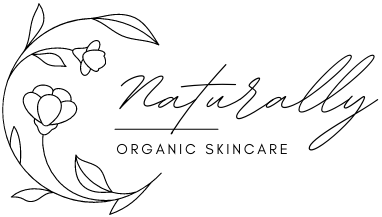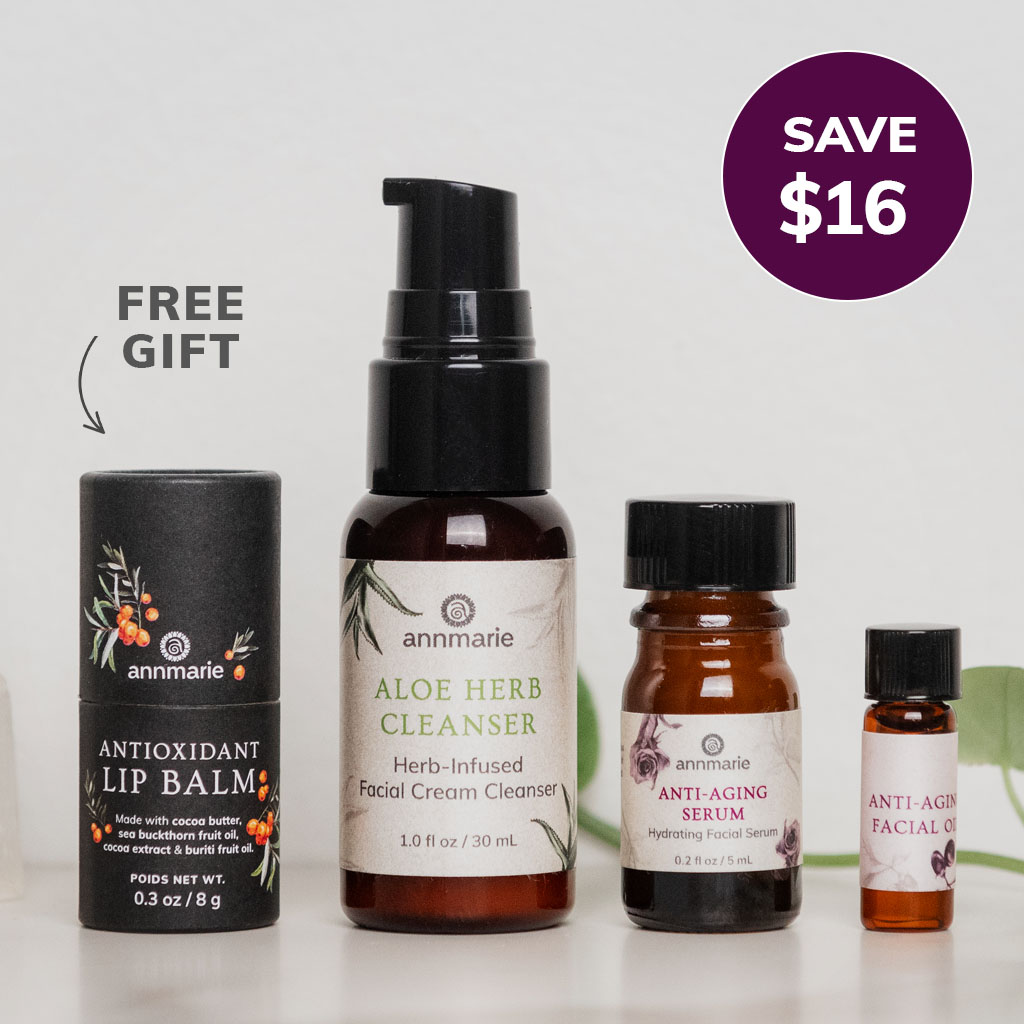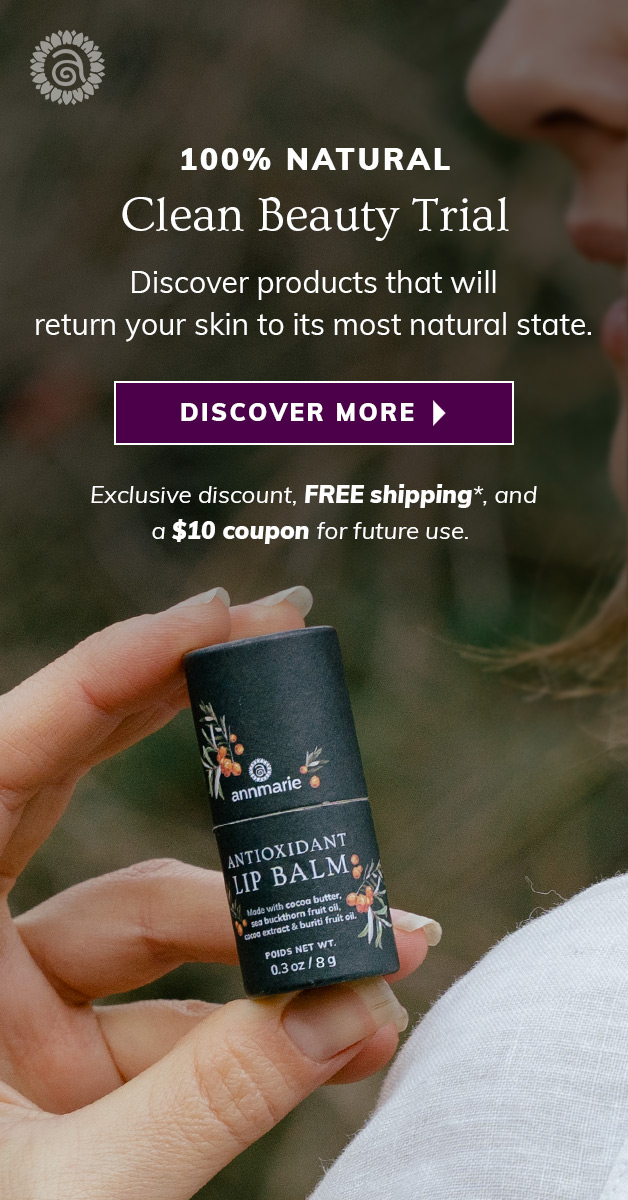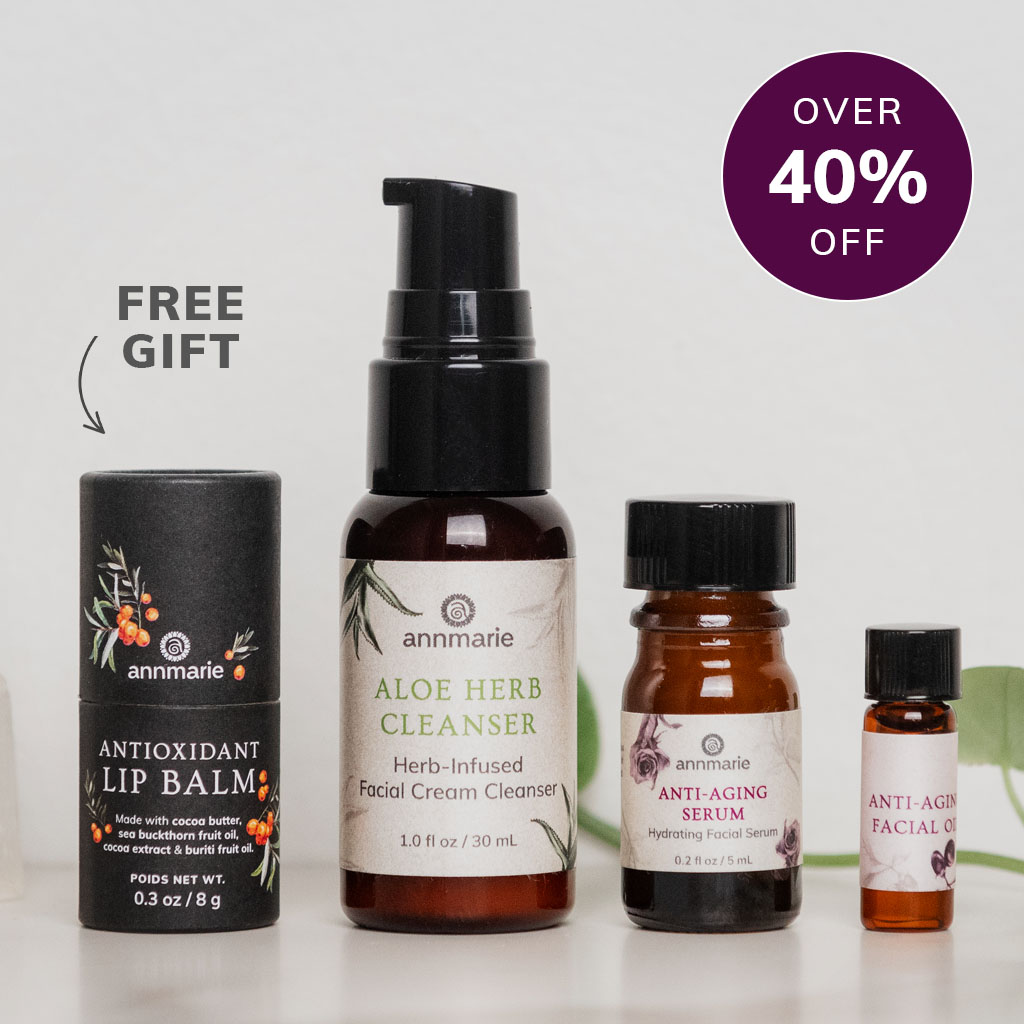The statement posted by Jurlique on their official website is so full of fluff, that one could easily scan the text and draw the conclusion Jurlique is a cruelty-free skincare brand.
Unfortunately, this takeaway would be false. Jurlique is not cruelty-free, even though in many parts of the world they do not test their products on animals.
Jurlique animal testing policy
Let’s take a close look at Jurlique’s animal testing statement.
Truth be told, they make it hard to see through the smoke and mirrors! This type of cruelty-free statement is drafted in such a way as to sweet talk anyone but the most suspicious readers out there. Not to say Jurlique deliberately aims to confuse us, but we are most certainly left to dig up the actual message regarding their animal testing policy from under a hefty layer of sugar coating.
Elegant sounding intro.
This well-worded introductory sentence is pure fluff in the light of further revelations.
At Jurlique, we have always believed passionately in providing our consumers with highly effective, potent skin care products, developed with respect for our environment and without the use of animal testing.
They adhere to EU laws, which means they’re cruelty-free in Europe because Europe tells them to.
We adhere to the strict requirements of the European Cosmetics Directive (76/768 ECC) and the European Commission Regulation (1223/2009), which prohibits the commissioning and testing on animals, of products and ingredients, for the purpose of developing new cosmetic products.
They test on humans. Nice to know, but it doesn’t tell us anything about what they do or don’t do when it comes to animals.
Our skin care products are tested on consenting human volunteers by means of a “Cumulative Irritation Test” which determines the irritation and/or sensitisation potential of a product after repeated application to the skin of human subjects.
The following paragraph is really quite deceptive.
We do not test our cosmetic and therapeutic products on animals as part of our product development process, or outsource this activity to any third parties, nor have we ever included animal testing in our product development process in the past. We work closely with our ingredient vendors to ensure they are aware of our company values and policies. We continue to adhere to the strict requirements of global cosmetic regulations regarding animal testing, with utmost respect for our customers and environment.
It literally states that they do not outsource animal testing to a third party. However, that is exactly what Jurlique does in China.
Here you’ve just read that Jurlique does not test the ingredients they use, nor their final products, on animals, whether in-house or through outsourcing. It wouldn’t be far fetched at all to conclude that you just got the information you came for, call it a day and click away.
But there is a caveat.
Next comes what they call “Additional Information Relating to Local Market Laws”.
In China, local laws and regulations require that all cosmetic products imported into China undergo animal testing to demonstrate consumer safety as part of the product registration process.
Finished product samples are required to be submitted to a third party laboratory in China for testing in order to generate a safety profile for the product. This is a mandatory legal requirement applicable to all cosmetic products imported into China. [Source: Jurlique official website]
Mandatory
It’s only mandatory if you absolutely want to sell in China. Nobody is forcing anyone to enter the Chinese cosmetics market, with its backward laws and cruel animal practices.
The matter is quite simple, really. As a cosmetics brand, you can either choose to submit samples for animal testing by Chinese government labs, or to forgo your share of the Chinese market.
Many cosmetics, skincare and beauty brands go the first route and have an animal testing policy similar to this one by Jurlique, in a rather poor attempt to justify their stance.
Many other brands go the second route, and don’t compromise their solid cruelty-free position. These brands deliberately choose to stay out of China, because they do not want to be part of animal testing/animal cruelty, no matter what the local laws dictate. Example of cruelty-free brands include: Lush, … … ….
The last part of Jurlique’s animal testing statement
Is Jurlique cruelty-free? Not only do they knowingly and willingly submit product samples to Chinese laboratories to be tested on animals, they have the audacity to make it sound as though they’re on the right side of things.
Considerable research has been undertaken into non-animal testing alternatives and China’s State Food and Drug Administration, or SFDA, has recently implemented a new registration process for certain cosmetics produced in China which means that animal testing will no longer be mandatory for these products. We are encouraged by this progress, and are eager to see China amend its laws to extend this to allow alternatives to animal testing for imported cosmetic products. We will work closely with our Chinese agent to ensure that the alternative testing methods are utilized for our products as soon as they are approved.
The usual tail-section to wrap things up, with more fluff on how dear the cruelty-free cause is to their heart (just not dear enough to say no to China) and how hard they work to convince the Chinese government to stop these useless animal testing practices.
So far Jurlique’s animal testing policy and cruelty-free status.
Is Jurlique organic?
This comes straight from the packaging: Jurlique has been the leader in natural skin care science since 1985. We apply advanced technologies to organic ingredients from our Australian farm to create high performance, potent skincare. The result: healthy, beautiful skin.
With such a great brand philosophy on the organic front, it is even more of a shame that Jurlique does not extend the same courtesy (and ethical treatment) to the Chinese lab animals.
Will Jurlique become cruelty-free in the future?
There is little reason to believe Jurlique will be completely cruelty-free any time soon.
The company was founded in 1985 by a couple of German immigrants in Australia: he being a biochemist and naturopath, she a horticulturalist and botanist. They started the brand a year after moving to their farm in the Adelaide hills.
In 2002, Australian business man Kerry Packer bought Jurlique for $25 million. Nine years later, in 2011, the brand was sold again (by Packer’s son James and two American companies, Triarc and JH Partners) for the impressive sum of $355 million.
Pola Orbis Holdings, the acquirer, is Japanese, and according to Wikipedia the goal is to expand Jurlique – in particular into Asia. So, no – it does not sound as though the company is looking to apply for any cruelty-free labels. Quite the opposite. [Source: Wikipedia]
What do you think?
Has this information made any difference for you? What are your favorite Jurlique products? If you’re considering to switch brands, maybe some inspiration on where to find cruelty-free products that make great swaps for your current Jurlique fav’s can help. Let me know in the comments!




